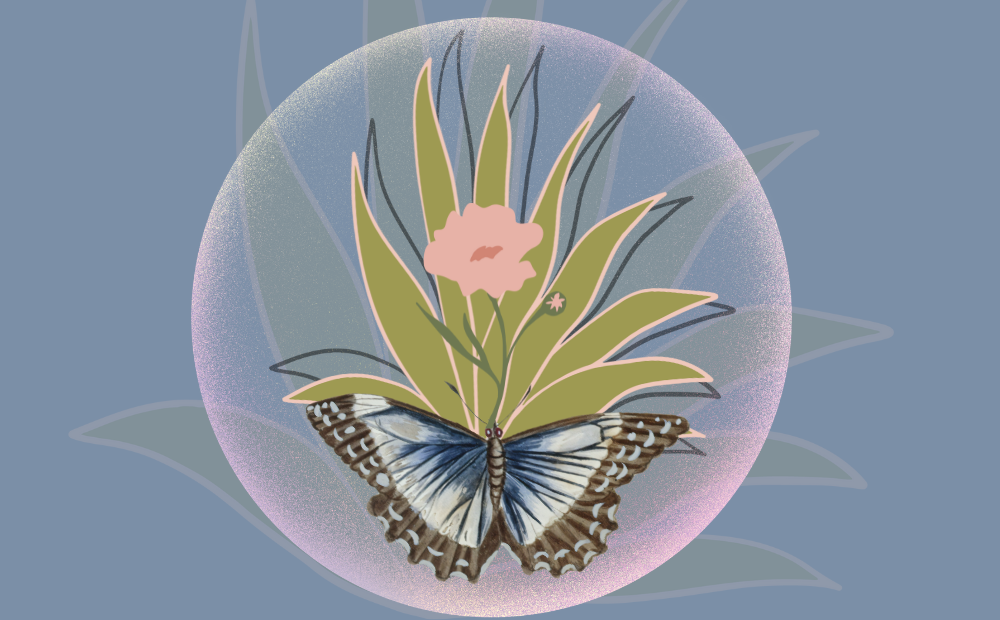What Kind of F*er are You?!
Determining your sympathetic nervous system response type
If you’re looking to recover from childhood trauma or C-PTSD then I want to know what kind of F*er you are.
No, not that kind of F*er! I mean, yeah, sometimes even I’m the asshole, but that’s not what I’m talking about here.
Your particular F*er type is derived from the 4 types of sympathetic nervous system response, also known as the “4 Fs” in physiology.
When we’re in a stressful situation, our nervous systems switch from calm parasympathetic mode into stressed out sympathetic mode. Stressed out sympathetic mode is super useful for getting us out of a potentially harmful situation, like almost being hit by a car or seeing a rattlesnake on a hike.
But what happens when most of life is a potentially harmful situation? What happens when you spent your childhood feeling neglected, scapegoated or silenced? It turns out, your nervous system acclimates to this and decides “stressed out” is just how it is. So instead of having your normal state be the calm, serene parasympathetic mode, your “normal” state becomes a stress response.
This is what causes the true damage of C-PTSD. Over time, this stress response becomes a trauma response and we experience much of life as if it’s unsafe or harmful.
One of the pillars to healing trauma is to retrain your nervous system to have a more healthy baseline, a “normal” that looks like being in parasympathetic (calm) mode most of the time instead of sympathetic (stress) mode. So, it’s really important to know what kind, or type, of stress or trauma response you tend to have.
This is where the 4 Fs come in.
The stress or trauma response is divided into 4 types:
Fight
Flight
Freeze
Fawn (aka Appease)
To determine which kind of F*er you are, take a look at the following descriptions and see which one(s) fit you best. Sometimes, we tend toward two response types, so there may be more than one that fits.
Fight: If you find yourself having a short fuse or easily getting annoyed at people or situations, then you may have a strong fight response. A healthy fight response is designed so that we can attack when threatened, like when someone fights back when a mugger tries to grab their purse or wallet. But when the fight response becomes a trauma response, we tend to go into anger/fight/annoyed/dismissive mode whenever we feel slighted, ignored, or threatened. It sometimes even surfaces to preemptively avoid a potentially triggering or stressful situation, aka “strike first and ask questions later.”
Flight: Are you someone who finds a good reason to suddenly leave your new job or break up with the new person you’re dating? Do you find that the thing you *knew* would be the right next step for you never seems to be right and isn’t what you thought it would be? Then you might be have a flight response.
Monty Python the holy grail Run away
The flight response is designed so that we leave a potentially dangerous situation, like when someone yells “fire!” in a movie theater. However, if most of life was a dangerous situation, then the flight response can become a trauma response. This is especially true if the dangerous situations you were in as a child were emotional abuse, gaslighting or manipulation. You learn that emotional closeness is inevitably followed by betrayal or heartbreak, so you learn to leave as soon as something starts to feel good or emotionally nourishing. While this is an unconscious response (nobody thinks,”this relationship is awesome! I think I’ll sabotage it.”) it is something that you can often see as a pattern in hindsight.
Freeze: Many predatory animals (including humans) are much better at perceiving movement than form or color. So in order to avoid being caught or attacked, many prey animals (including humans!) have developed a hide and freeze response where they become very still, hyperaware, and try blending into the background in the hope that the predator won’t be able to perceive them, and will eventually give up the hunt and go away. When this becomes a trauma response it can look like introversion, dissociation (depression, ADHD, or frequent daydreaming), or shyness (social anxiety or agoraphobia). Many times, this is a preemptive freeze response, where if we check-out-before-we’ve-even-checked-in, we can avoid any potential dangerous or triggering situations.
Fawn/Appease: So in keeping with the “F” theme, the 4th F is fawn, but TBH I like appease better -- it’s a more accurate descriptor. Have you ever had a creepy guy say something that felt awkward or kind of freaked you out? Like, your spidey senses say, “let’s get away from this guy and make sure he doesn’t follow?” but instead of punching him in the face and running away (hello, fight and flight!) you smile and say, “Yeah, haha. You’re totally right. Thank you!” and then you say it was nice to meet him and you gotta go meet your friends or something like that? Then you have experiences the fawn/appease response! (Interestingly, this 4th sympathetic type of response was only added a few years ago when researchers started studying how women respond to stress and found that it was different than men’s response.) What happens when this normal stress response becomes a chronic trauma response? It can look like people pleasing, HSP or high empathy, sensory processing issues, codependency, or a fear of conflict or confrontation.
My F*er type looks like freeze with a big side helping of fawn/appease. What does this look like in my life? Here are three examples from yours truly.
When I was little, I was painfully shy. I was scared of meeting new people (especially adults) and I would run behind my mom, grab onto her leg and start to cry if anyone talked to me. This shyness was a trauma response of both freeze and appease. The “freeze” part was running, hiding and refusing to speak. The “appease” part was putting my mom back into the center of attention as the “good mom” who was protecting her child. (A good survival strategy for being the child of a narcissist is to always put the focus back on them, in any way you can.) Fortunately, I’m not shy anymore, but I can easily see how this could have become social anxiety or even agoraphobia if I hadn’t addressed it.
I’ve also noticed that my hearing is really damn good, I can often hear sounds that are too quiet for most folks. I know this is from “freezing” and listening very closely (hyperawareness) from my bedroom whenever my parents came home. I became a expert in listening to determine their mood: How were their footsteps sounding on the floor? How forcefully did they open or close the door? Which room did they go to and what were they doing in there?
I’m still working on the appease response of people pleasing and fear of conflict. This is a big one for me as the fear of retribution or angering people is still embedded in my nervous system and I don’t want to do or say anything that could potentially upset or disappoint people. I call myself a “recovering perfectionist” because this used to mean always being as perfect as possible and never making a mistake in order to minimize the chance of retribution, but I’ve been working on allowing myself to be a messy human and sometimes miss the mark without fearing repercussions.
Why is your F type important to know? There are two main benefits.
The first is you can more easily and quickly recognize and address the trauma response when it comes up. For example, if I know that I am avoiding sending and email because I’m worried about the recipient’s response, I can say to myself, “Ah! That’s my appease trigger” and I can use one of my tools to comfort, soothe and care for that inner child part of me.
The second is that it helps you figure out how to “complete the stress response” so you can get back into that calm, parasympathetic mode. For example, after a stressful day I often pick solitary “freeze” activities to reset my nervous system where I can be quiet, still and alone, like meditation, reading, watching movies, or crafting because I know that my nervous systems feels most safe in these activities and will be able to unwind and clear out any residual stress. If I were more of a “flight” type, then going for a long drive might help me reset into parasympathetic mode.
I hope this helped you identify your mix of parasympathetic responses and I’d love to know what type of F*er you are! Drop me a note and let me know because I like hearing from all you F*ers out there.
And don’t forget -- you may be shy or short-tempered or a chronic daydreamer but YOU ARE AN AMAZING GOD(DESS) WHO HAS SURVIVED SOME EPIC SHITSHOWS. I see you in all your human messy glory and I love and admire you all the more for it. Rock on, my warrior friend. 🤘🏽
Xo Megan








